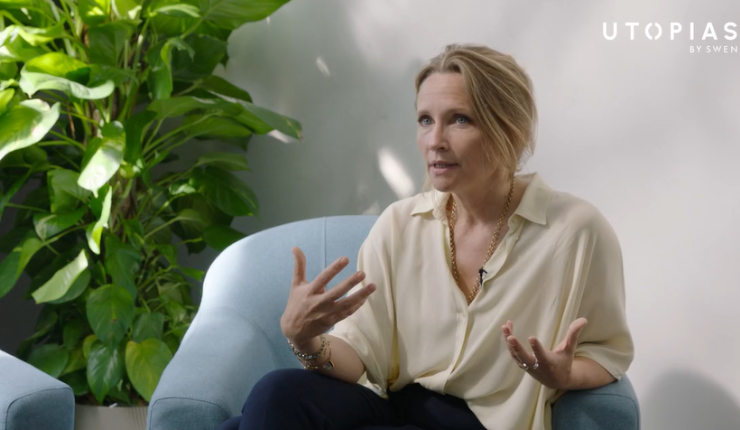
Conversation
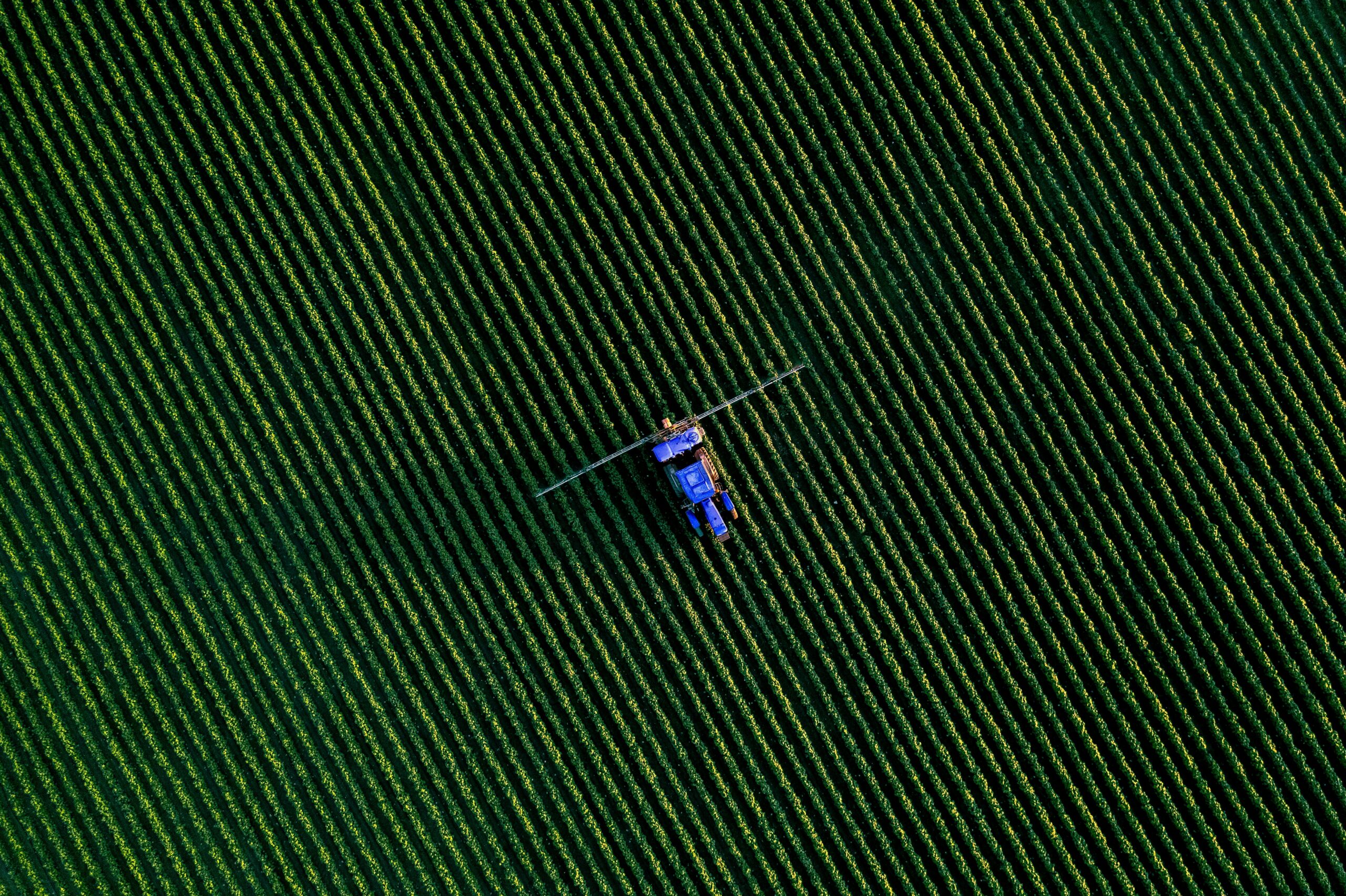
Article | June 25, 2025
How can we overcome barriers to financing agricultural transition? This study by the Sustainable Finance Institute (SFI) examines the structural obstacles and actionable levers to better align the needs of the agricultural sector with ecological challenges and financial stakeholders’ commitment. A conversation with Vincent Burnand-Galpin, Deputy Deputy Director for Climate and Environment at the Sustainable Finance Institute.
“Fostering dialogue across sectors is part of the Sustainable Finance Institute’s DNA. While our roots lie in the financial ecosystem of Paris, we soon realized that real progress requires a broader table. In the context of our work on agriculture, that meant involving not just banks and businesses, but also farmers, scientists, NGOs, and policymakers.
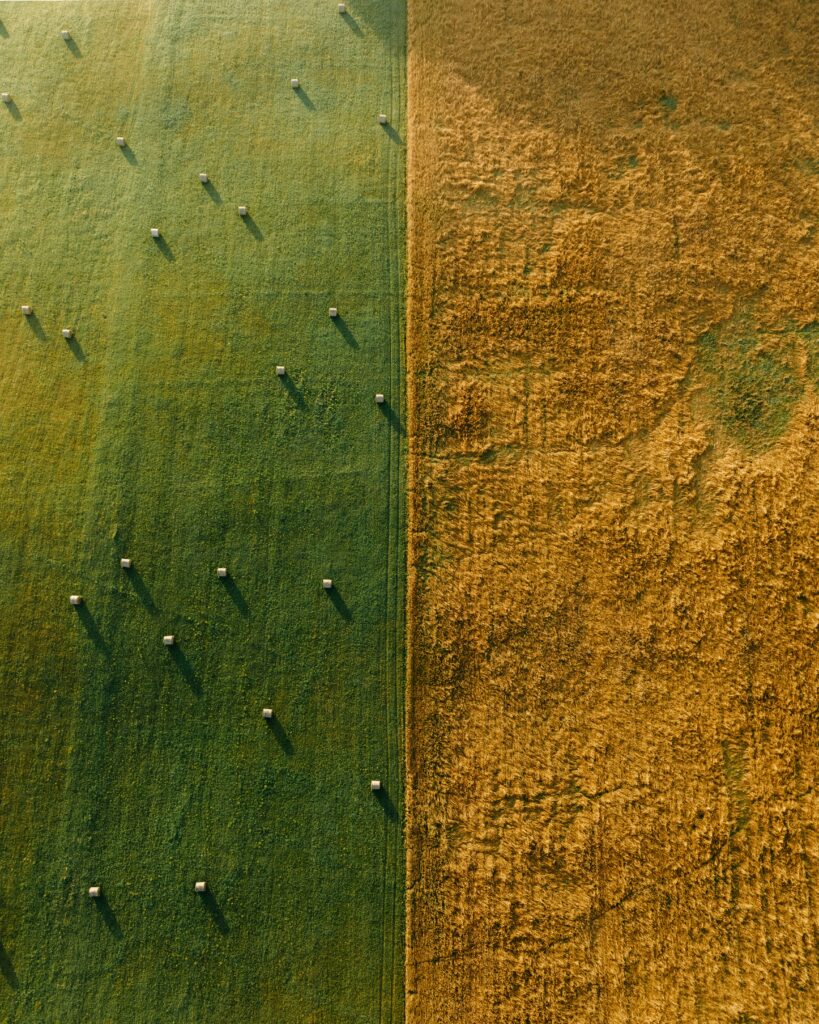
We firmly believe that innovative financing solutions arise only through collaborative effort.It means combining diverse expertise, breaking down barriers, and grounding ourselves in on-the-ground realities. By working with real case studies and stepping “into the boots” of a farmer, we gained insight into the true economic and structural challenges blocking transition. This blending of worlds sparks authentic—and occasionally surprising—connections, such as when a livestock farmer showed up at our Paris office, catching a trader off guard. These exchanges deepen the conversation, humanize it, and ultimately help build stronger consensus.”
Methodologically, a major takeaway has been the strength of sincere, thorough conversations centered on practical solutions. Rather than getting caught up in the usual polarized debates, we focused on identifying shared interests—particularly how to ensure the transition is economically sustainable for everyone involved, farmers foremost among them.
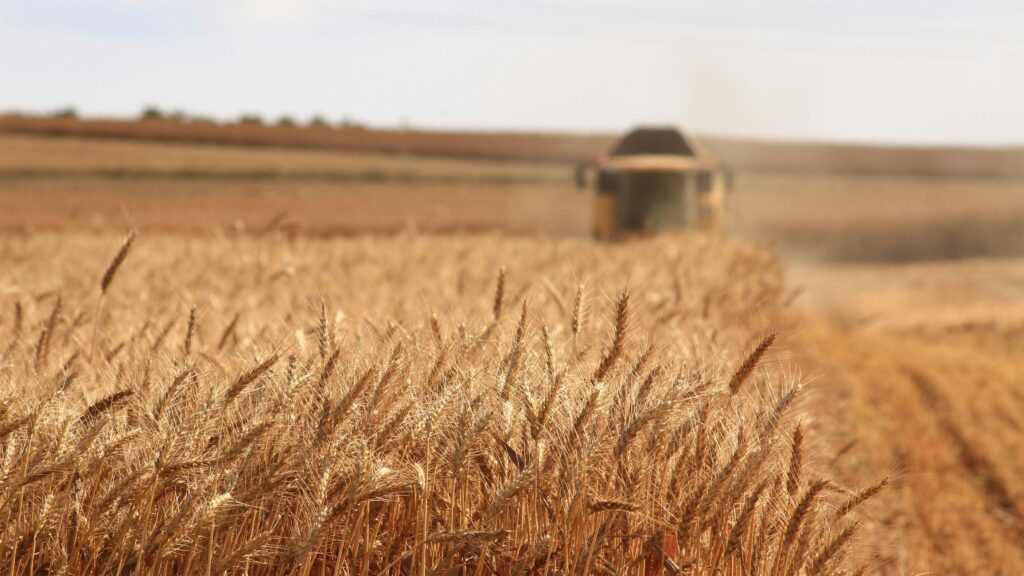
Three key levers emerge:
The role of public funding, which needs better targeting: Today, subsidies mainly compensate for farmers’ low incomes. They must be redirected more towards supporting sustainable ecological efforts, with fair compensation for the work involved.
Reforming financing tools: Traditional bank loans don’t fit the nature of agricultural practice changes, which often involve ongoing costs or income losses rather than upfront investments. Alternative solutions like land leasing, carbon credits, or payments for ecosystem services should be considered.
Fair value distribution within the agri-food chain: Currently, farmers bear a disproportionate share of the transition costs. It’s essential for manufacturers and retailers to share this burden through more equitable and sustainable tripartite contracts.”
“The key lies in fair compensation for farmers. This means improving the profitability and financial value of sustainable practices by ensuring a more equitable distribution of value across supply chains — notably through stronger enforcement of the Egalim 2 law and the development of long-term tripartite contracts. It also involves expanding payments for the environmental services farmers provide, such as carbon credits, eco-score systems, and other incentive mechanisms.

Alongside our proposals to create innovative financial tools that reduce investment burdens, manage risk, and improve access to funding, our approach is grounded in one simple truth: the transition will only succeed if it is economically viable for those implementing it on the ground.
Your personal commitment as a professional?
Since this study, I have become even more involved in connecting agricultural stakeholders with investors and patrons. I strive to foster smoother dialogue between worlds that don’t know each other well enough. I’m convinced this rapprochement is essential: on one side, a pressured agricultural sector; on the other, finance accustomed to high returns. We need to build bridges, establish common ground, and demonstrate that alternative models are possible — ones that are more sustainable and balanced.”
Vincent Burnand-Galpin holds degrees from ENSAE and Sciences Po Paris and serves as Deputy Director for Climate and Environment at the Sustainable Finance Institute. Responsible for work on financing the ecological transition, he coordinates the publication of several reports, including the Action Plan for Financing the Ecological Transition (May 2023), Barriers and Sectoral Levers to Financing the Ecological Transition: The Case of Building Decarbonization (May 2024), Fossil Fuels: Overview of Paris Market Energy Transition Strategies (February 2025), and Financing Agricultural Transition: Barriers and Levers (May 2025). He is also co-author of the essay How to Save Humankind (Fayard, 2020), written with Paul Jorion.
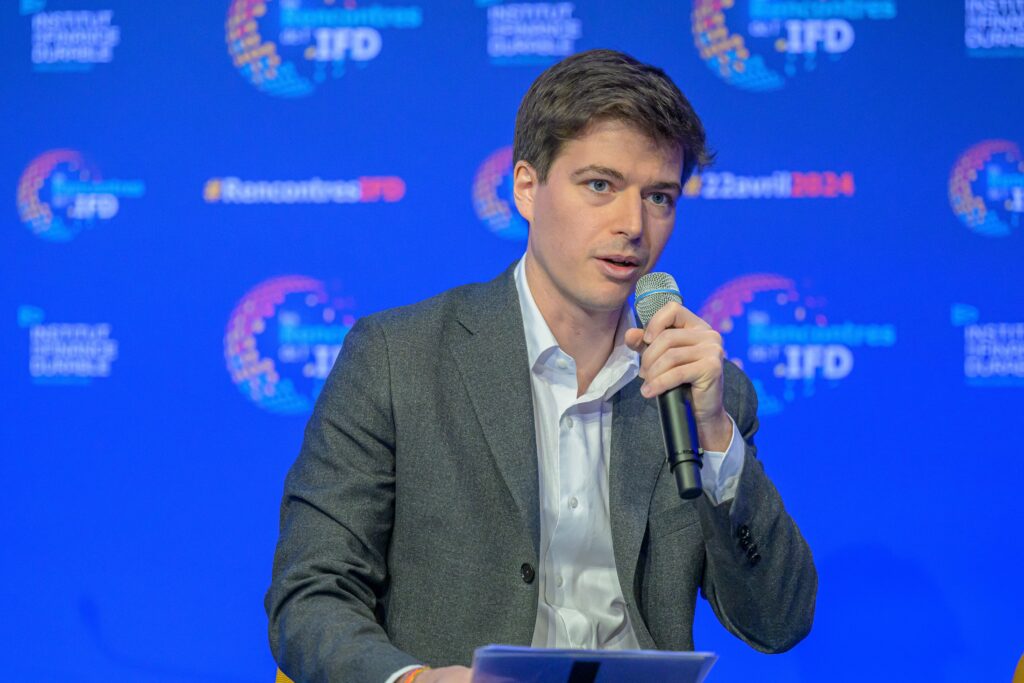

Conversation
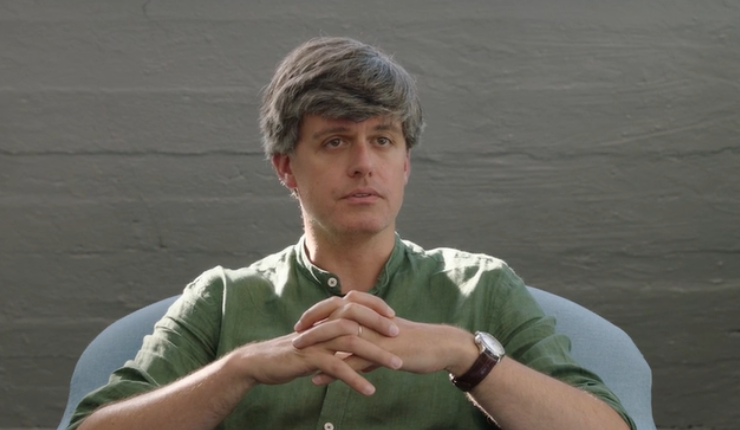
Conversation